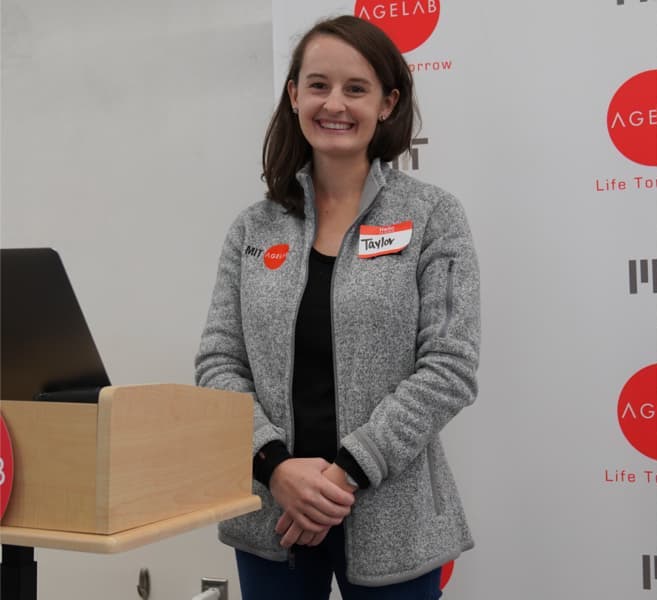This is America: To grow old amidst gun violence
Note: This blog post was written prior to the mass shootings at Robb Elementary School in Uvalde, Texas, and at a medical facility in Tulsa, Oklahoma. Older victims in these events included the 66-year-old grandmother of the Robb Elementary gunman, a 59-year-old surgeon, and a 73-year-old patient at the Tulsa clinic.
With the recent mass shootings at a grocer in Buffalo, New York, and in a church in Laguna Woods, California, the United States (U.S.) has reached a grim milestone—there have been over 200 mass shootings nationally since the beginning of 2022.
Whether you live in Texas or Illinois, mass shootings are no longer exceptions to living in community in the U.S. The U.S.’s gun homicide rate is 25 times higher than that of peer countries like Canada and the United Kingdom, largely due to easy access to guns.
The events in Buffalo and Laguna Woods further add to the growing number of firearm-enabled acts of malice in this country directed towards people on the basis on their identities. They recall the social commentary in Childish Gambino’s song “This is America”—that white supremacy, racism, and gun violence are woven together into American culture.
But there is another demographic aspect of these cases that has gone largely unreported: The victims of these acts of violence were overwhelmingly people who were older. While older adults are not commonly targeted in mass shootings expressly because of their age, they may be uniquely vulnerable to firearm violence for multiple reasons, including a greater likelihood of suffering physical and cognitive impairment and having experienced traumatic events in the past.
Age itself is not the best indicator of whether someone can respond to or recover from a mass shooting. However, sensory, physical or cognitive decline (including dementia), reliance on others to carry out one’s activities of daily living, and social isolation and a limited social network size can affect one’s experiences of and risk for a violent event. Older adults of color experience compounding risk due to racism and race-related discrimination accompanied by everyday ageism.
The COVID-19 pandemic has brought to light the role that age plays in building personal resilience and coping skills over a lifetime. But that resilience is often earned the hard way, through the experience and endurance of traumatic events. The experience of traumatic events can both increase resilience and heighten vulnerability. Older people who were previously victims of gun violence or similar trauma may have a difficult time coping with the after-effects of a mass shooting event, including experiencing a higher likelihood of developing mental health disorders like post-traumatic stress disorder (PTSD).
With a growing population of older adults, we must acknowledge that greater longevity means gun violence will increasingly affect more older people in the future. Our existing understanding of how mass shooting events and homicides affect older people is severely under-researched, but several opportunities for prevention and mitigation have been identified, including examining firearm access policies and the efficacy of safe disposal and storage mechanisms, encouraging older people and those who care for them to establish a plan for dispersing their firearms in the same way we would plan for other challenges of older age, as well as training care providers in firearm counseling and assessment. Gun violence victimization prevention strategies will need to be co-designed with older adults and with intersectional and community-based perspectives in mind.
